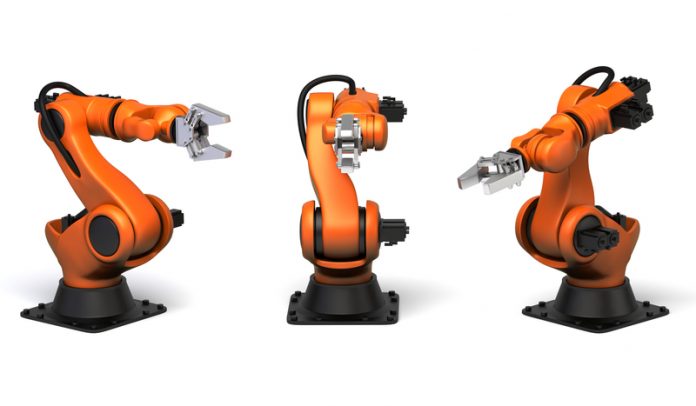Dr. Julian Francis Director of Policy and External Affairs, ACE discusses the impact of automation on the future of industry…
In Britain, and all over the Western world, huge numbers of people feel the system no longer works for them. Globalisation has driven a wedge through our society that affects people both vertically and horizontally. For every person who benefits from globalisation there is someone who losses out.
Brexit has highlighted this reality in such a way that we can no longer ignore it. There is a significant part of the population for whom immigration is no benefit. Those who feel that globalised trade and corporations have removed their control over their own lives and made them pawns in a game that does not work for them. That the quantitative easing of the central banks inflates the prices of assets other people already own while making them and their families poorer.
The anger these people feel is the fuel that is feeding the rise of radical, anti-establishment political movements embodied by the Trumps, the Wilders and the Le Pens. In its Left-wing form it has brought us Bernie Sanders and Jeremy Corbyn, and last month it helped the Leave campaign to win a famous victory.
In her speech on the steps of Downing Street, and in the speech she gave in Birmingham just before the dramatic collapse of the Tory leadership election, Theresa May said she was “at the service of ordinary, working people” and in highlighting those people who can only just manage, she took aim at exactly the right audience.
The urgency of this effort is impossible to overstate. Every one of the factors squeezing the unhappy middle-income household, or the young person who is worse off than their parents, is accelerating. Japan-style economic stagnation is spreading to other economies, particularly in Europe. The huge numbers around the world who aspire to move to richer nations is growing rapidly.
At the heart of this social change is a technologic revolution that is every bit as transformative as the industrial revolution was. The significant change that has happened in the last few years, however, is the social segment of society that stands to be affected. In the late twentieth century it was blue collar, manual labour that bore the brunt of technological change with the collapse of mass labour manufacturing industries. This led to the loss of high wage low skilled jobs that devastated whole areas of the country. But now it is the turn of white collar workers to feel the pressure of changing practices caused by technological innovation.
The pace of technological change seems set to jump into a faster gear with the arrival of artificial intelligence – computers which learn as they go along, and have the potential to disrupt or make redundant the jobs, training and qualifications of hundreds of millions of people. One assessment is that we are on the brink of change happening at 10 times the speed and with 300 times the scope of the Industrial Revolution itself.
This chart produced by the Bank of England show those areas of employment that are most likely to be effected by automation. As we can see the pain is starting to be felt by sections of society that once thought themselves immune to globalisation and automation.
More livelihoods are going to be upset, more professions transformed, more skills made obsolete and more new ones required than ever before in the history of the human race. From the car that drives itself to the robot that provides a company’s security, while auditing its accounts at the same time, new devices are going to present not just an important scientific event but a transformational political one too.
The risk is that such a change will divide society further into those who master it and those who are at its mercy. The disappearance of the steady, routine job will be a disaster for vast numbers of people, who consequently will be angrier still. The challenge set by our new Prime Minister is, therefore, even more urgent, more important, and even more difficult than it might seem.
Our industry has an important role to play in this transformation and can help the government meet its objectives. Not only do we build the infrastructure that will be vital for economic growth going forward but we also provide skilled jobs that currently cannot be done by robots.
As an industry, we are reeling from the implications of smart technology and big data, trying to determine how these factors will fit into the office and projects of the future. Yet, at our heart, we are people businesses that are depends on their workforce as the primary- indeed only- asset. Understanding the pressures on our workforce will be key to succeeding as commercial concerns.
Successful firms will be the ones that treat their employees as partners, and ensure they share widely in success. This is the only way that the anger that is fuelling this political uncertainty can be dissipated. Big businesses specifically but not exclusively have to reform their operating practices, and embrace new ideas that can ensure that they remain thrusting, innovating, risk-taking users of new technology and ideas.
Dr. Julian Francis
Director of Policy and External Affairs
ACE











